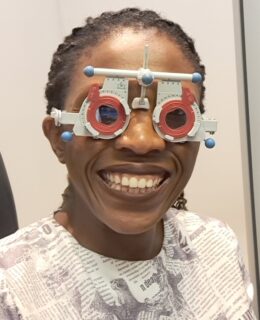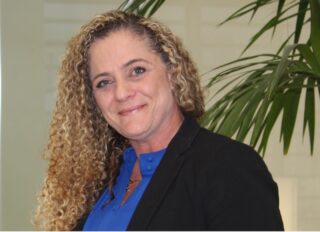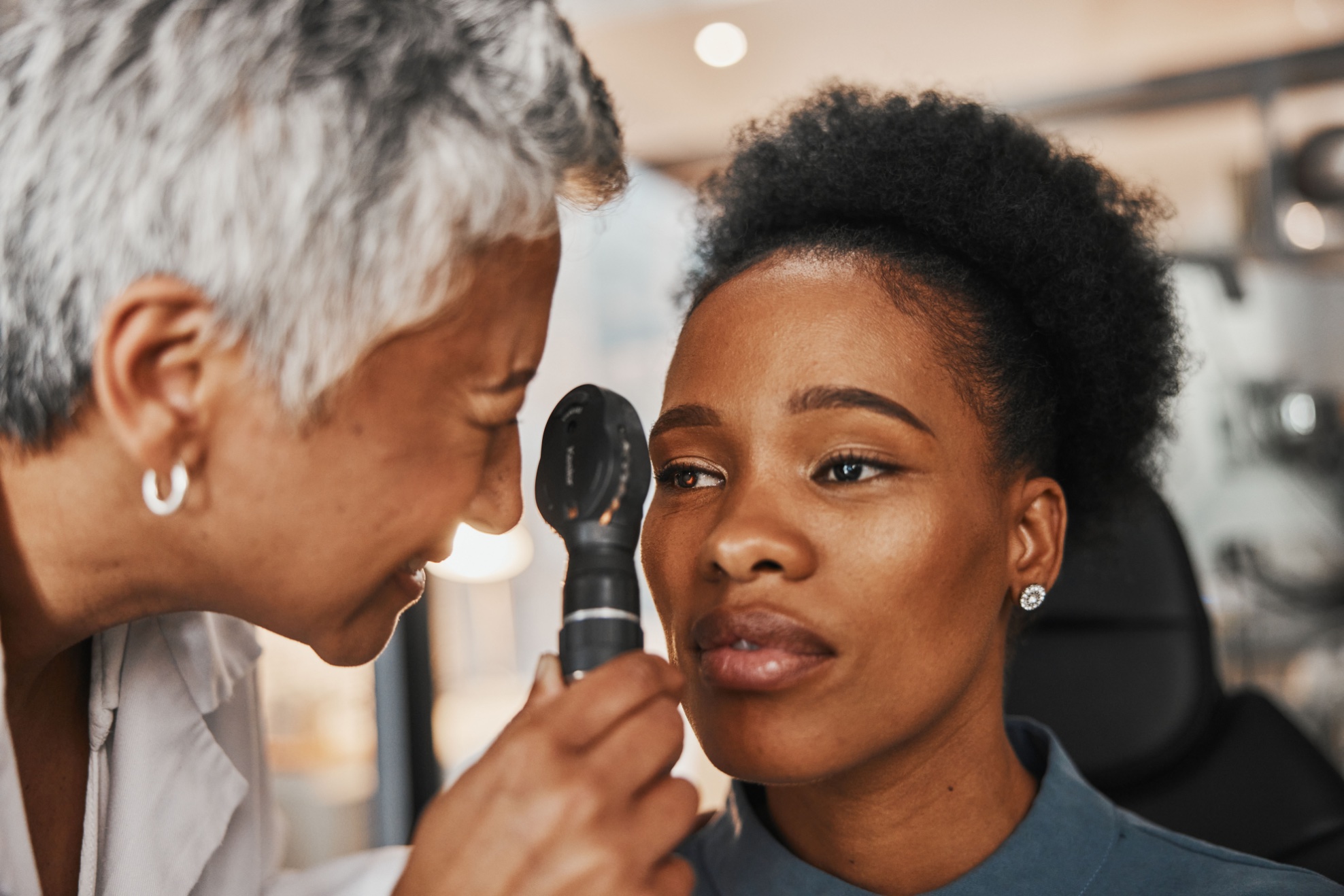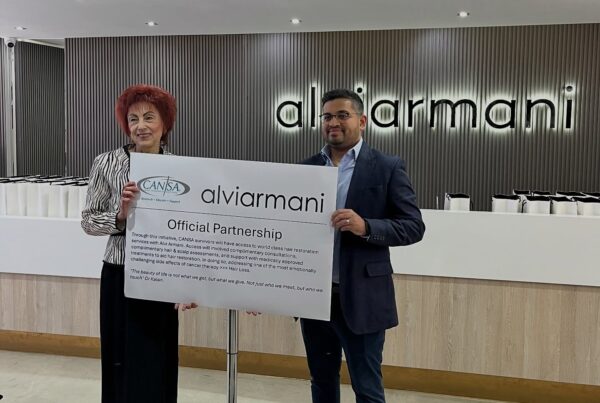Africa: Although 80% of global vision loss is preventable or treatable, millions in Africa remain at risk due to a lack of accessible eye care and education about their risks. Early diagnosis is critical, especially for high-risk groups like people with diabetes and those over 60. Retinal diseases like nAMD, DME, and RVO affect millions globally. Visual impairment impacts independence, mental health, and social well-being. In this op-ed, Michelle Roberts, country medical director for Roche Pharma South Africa, explains more.
The threat of vision loss due to a lack of regular eye testing is real
Johannesburg, 25 September 2024 — According to the World Health Organization (WHO), millions of people globally suffer from vision loss caused by conditions like neovacular age-related macular degeneration (nAMD) and diabetic macular edema (DME). This is despite approximately 80% of global vision loss being preventable or treatable.
World Retina Week (23-29 September 2024) highlighted the importance of voluntary eye testing to detect early-stage eye diseases before they progress to vision loss.
Having access to an eye test is a public health issue
Retinal disease is a public health issue throughout Africa, and the problem is growing. An astonishing 26.3 million people in the African Region have some form of visual impairment. Of these, 20.4 million have low vision, with another 5.9 million estimated to be blind.3
Equally striking is that it is estimated that 15.3% of the world’s blind population resides in Africa. Vision loss can have a devastating impact on our work, our health systems and those we care about most by closing the window to independence.
However, with early diagnosis, treatment can be more effective.1,3,4
nAMD is the leading cause of vision loss
Approximately 20 million people globally are affected by nAMD, which is the leading cause of vision loss in people aged 60 and over. Around 18 million people are living with DME, which is often the result of uncontrolled high blood sugar levels and can lead to vision loss if untreated. Retinal vein occlusion (RVO) affects more than 28 million adults worldwide, leading to macular swelling and further vision impairment.1
As healthcare systems face growing pressures, the increasing cases of retinal disease create a common challenge for health services and medical professionals.
This calls for innovative approaches and joint efforts to tackle the issue.

Longevity’s Pie Mully having her eyes tested during World Retina Week.
A simple eye test can make a lifetime of difference
A comprehensive dilated eye exam by an eye doctor may find eye diseases before they progress. Through voluntary eye testing and appropriate treatment, people of all ages can maintain their freedom to see and continue to live their lives without compromising on simple daily tasks – like going to work, driving or seeing loved ones.
According to the WHO, as global populations age, nearly everyone will experience at least one eye condition in their lifetime that will require appropriate care.
Loss of vision has a considerable impact on quality of life, typically preventing previously economically active people from working, performing simple, everyday tasks and maintaining positive mental health.
End note
New advancements in the treatment of nAMD and DME – two of the leading causes of progressive vision loss – offer people the chance to maintain their sight and independence with less discomfort.
As more information on these therapies becomes available, the outlook for people living with retinal conditions continues to improve.
I believe, the ability to see your world is priceless.
As treatment advances continue, we encourage all South Africans to visit clinics or local healthcare professionals for regular eye check-ups. Early detection is key. Taking care of your vision is vital for long-term health and quality of life. (4)
References
-
Roche Window to Change Portal (Age-related macular degeneration infographic)
-
WHO Control and Prevention of Blindness (Paragraph 1, Line 4)
-
WHO Eye Health Overview (Paragraphs 1-3)
-
Roche Vabysmo Launch Release (Page 2, paragraph 3, line 7)
About the author
 Michelle Roberts is the Country Medical Director for Roche, South Africa. She brings over two decades of leadership and expertise in the pharmaceutical industry. Since joining Roche in 2004, she has held pivotal roles including Medical Manager and Head of Medical Affairs, where she has been instrumental in driving key medical initiatives.
Michelle Roberts is the Country Medical Director for Roche, South Africa. She brings over two decades of leadership and expertise in the pharmaceutical industry. Since joining Roche in 2004, she has held pivotal roles including Medical Manager and Head of Medical Affairs, where she has been instrumental in driving key medical initiatives.
Her journey with Roche has been defined by significant achievements, from leading critical pre-launch efforts to shaping long-term medical strategies.
Michelle Roberts’ visionary leadership and collaborative approach are focused on advancing patient care, fostering partnerships, and = delivering impactful, life-changing healthcare solutions. Michelle’s unwavering dedication to improving health outcomes continues to benefit patients and healthcare communities alike.



![women [longevity live]](https://longevitylive.com/wp-content/uploads/2020/01/photo-of-women-walking-down-the-street-1116984-100x100.jpg)










